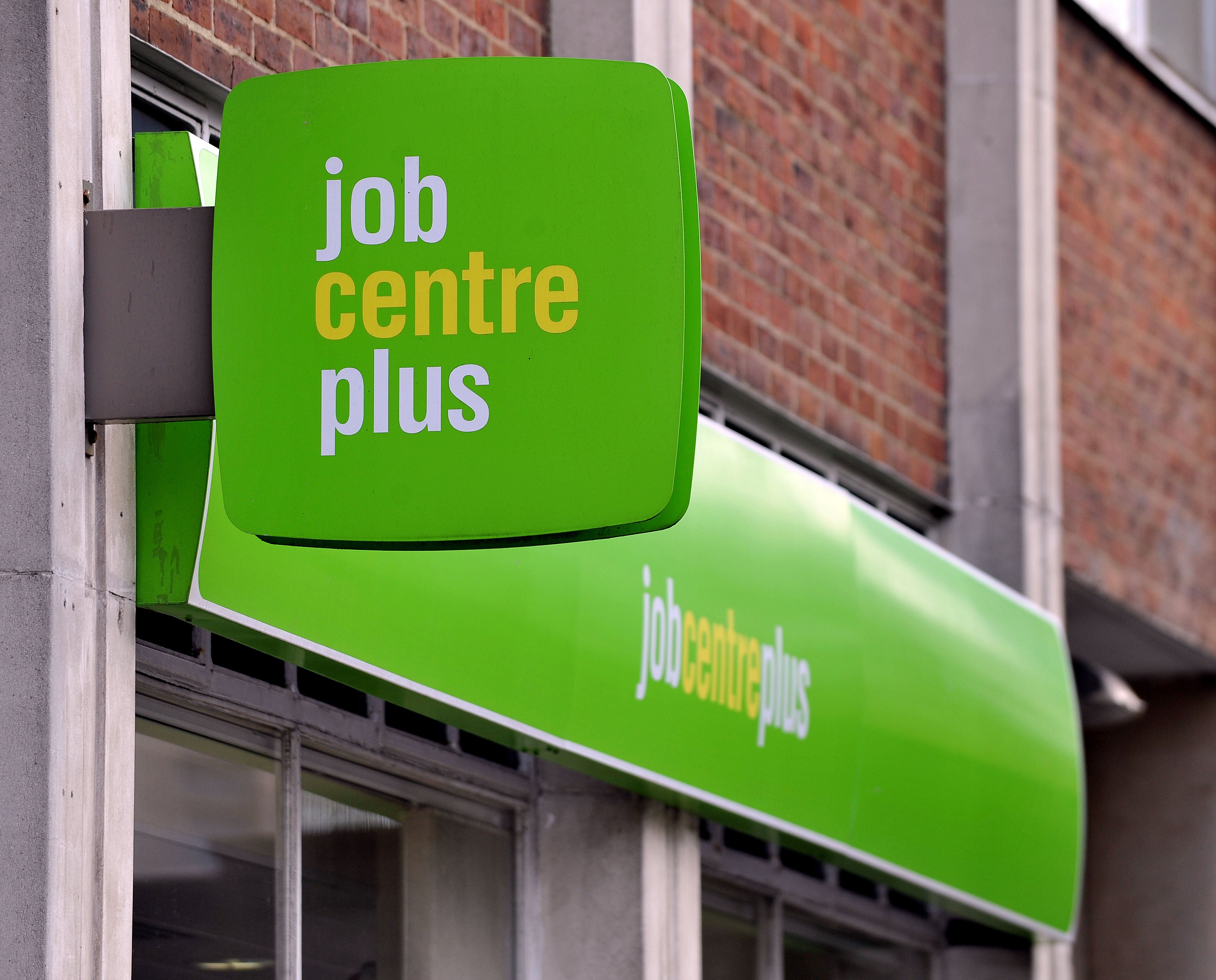200,000 more people in work during May as economic recovery strengthens
Employers add jobs as restrictions ease but 550,000 fewer people are in work than before pandemic

Your support helps us to tell the story
From reproductive rights to climate change to Big Tech, The Independent is on the ground when the story is developing. Whether it's investigating the financials of Elon Musk's pro-Trump PAC or producing our latest documentary, 'The A Word', which shines a light on the American women fighting for reproductive rights, we know how important it is to parse out the facts from the messaging.
At such a critical moment in US history, we need reporters on the ground. Your donation allows us to keep sending journalists to speak to both sides of the story.
The Independent is trusted by Americans across the entire political spectrum. And unlike many other quality news outlets, we choose not to lock Americans out of our reporting and analysis with paywalls. We believe quality journalism should be available to everyone, paid for by those who can afford it.
Your support makes all the difference.UK employers added 200,000 jobs in May as the economic recovery from the pandemic strengthened.
The number of people in payrolled employment rose 197,000 between April and May but remains 553,000 below the level reached before the pandemic began, the Office for National Statistics (ONS) reported.
The official unemployment rate, which measures people out of work and looking for a job, fell to 4.7 per cent between February and April, down from 5 per cent in the previous quarter.
Young people have borne the brunt of job losses during the pandemic. There were 126,000 fewer payrolled workers aged under 25 in May this year than there were 12 months earlier.
The data showed encouraging signs of a recovery in some of the industries that have been hit hardest by lockdowns and social distancing. Indoor hospitality reopened across the UK in May, boosting cinemas, restaurants, pubs and bars.
Employment in accommodation and food services increased 54,000 in May, helped by the easing of restrictions in April and May. Arts and entertainment added 15,000 jobs, and wholesale and retail 14,000.
Separate ONS data suggests that the number of furloughed workers fell to around 2 million in late May. In total, the UK labour force worked 77 million fewer hours between February and April than they did in the three months before the pandemic struck, indicating that the jobs market still has some way to go before it fully recovers.
Rishi Sunak hailed the figures as evidence that the government’s “plan for jobs” was working. However, it came as leading business groups warned that a delay to easing of restrictions, announced on Monday without any further financial support for businesses, could cause result in job losses.
Mr Sunak rejected calls to extend the furlough scheme to help employers deal with the economic impact of social distancing measures that will continue until at least 19 July – not 21 June as had been planned.
Dr Roger Barker, director of policy at the Institute of Directors, said businesses face a “cliff edge” with government support for business ending or beginning to taper off.
“It is vital that this support is pushed out commensurately with the lockdown extension. Economic support and public health measures must be aligned,” he said.
On 23 June, companies will be hit with quarterly rent bills and a ban on commercial rent evictions ends the following week.
On 1 July, employers must start contributing towards the cost of furloughed employees’ wages. On the same day 100 per cent business rates relief tapers off to 67 per cent.
Sam Beckett, ONS head of economic statistics, said: “The number of employees on payroll grew strongly in May, up by almost 200,000, although it is still over half a million down since the pandemic struck.
“Job vacancies continued to recover in the spring, and our early estimates suggest that by May the total had surpassed its pre-pandemic level, with strong growth in sectors such as hospitality.
The Resolution Foundation think tank warned that, despite a hiring surge in May, the UK faces an “employment gap” of 2.8 million people who are either fully or partially furloughed, or out of work completely.
“With emergency support starting to be phased out over the next few weeks, and ended completely by October, this gap will need to be closed a lot more to prevent a worrying rise in unemployment later this year,” said Nye Cominetti, senior economist at the Resolution Foundation.
Mr Sunak said: “Our plan for jobs is working – the latest forecasts for unemployment are around half of what was previously feared and the number of employees on payroll is at its highest level since April last year.
“The furlough scheme is running all the way through until September and we are creating new routes into work through apprenticeships, kickstart placements for young people as well as targeted support for the long-term unemployed.”
Join our commenting forum
Join thought-provoking conversations, follow other Independent readers and see their replies
Comments